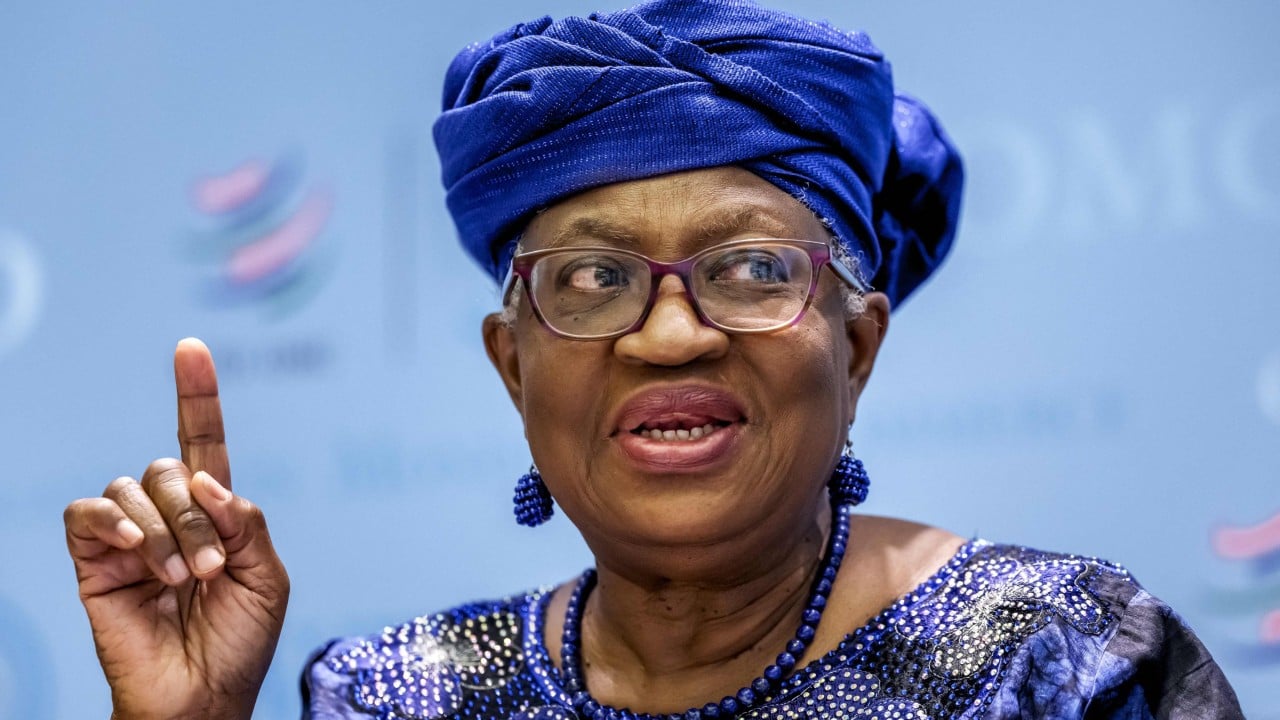The grand edifice of the World Trade Organization’s headquarters on the banks of Lake Geneva stands as strong and sturdy as ever, but US President Donald Trump is set upon bulldozing its foundations.
Advertisement
Inside those headquarters, there is evidence of increasing irrelevance. It is populated by a community of around 600 diplomats, economists and various experts who are adrift and directionless. Meanwhile, countries are wrestling with the implications of Trump’s assault on the global trading system and his abandonment of multilateralism.
So far, the primary panic has been over the blizzard of new tariffs. Each deal is different and devoid of detail or logic. Inconclusive episodes of shuttle diplomacy between Washington and other national capitals have run up against take-it-or-leave-it ultimatums and threats of consequences if countries consider retaliation.
But behind the primary panic, the global trading system faces a more profound challenge. Tariffs might hurt, but the pain from the destruction of carefully forged principles underpinning the global trading system promises to be much worse.
We’re talking about the abandonment of the “most favoured nation” trading rules, the “single undertaking” principle, the concept of “national treatment” and “special and differential treatment” for the world’s poorest nations, among other long-standing norms.
Advertisement
The most favoured nation rule promises that any trade concession made to one country would be offered to all other countries. The “single undertaking” principle prevents “cherry-picking”: no part of a deal can come into force until the entire deal has been agreed to. “National treatment” means that a government must treat foreign companies as it treats local companies. The “special and differential treatment” rule is for the world’s undeveloped countries if an agreement is likely to disadvantage their economies.

